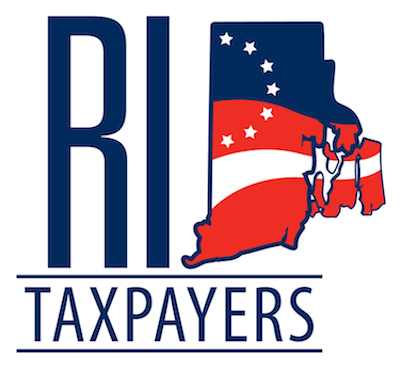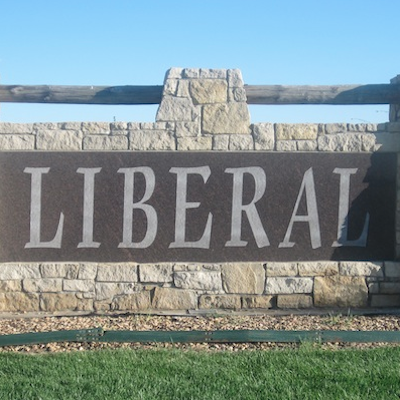Fatal Crashes Involving Recent Marijuana Users Double in Washington
Wednesday, May 11, 2016
Fatal crashes involving drivers who have recently used marijuana doubled in Washington after the state legalized the drug, according to latest research by the AAA Foundation for Traffic Safety.
"The significant increase in fatal crashes involving marijuana is alarming. Washington serves as an eye-opening case study for what other states may experience with road safety after legalizing the drug," said Peter Kissinger, President and CEO of the AAA Foundation for Traffic Safety.
A second research report was also released on Tuesday and it evaluates the challenges of the setting of legal limits for marijuana and driving. The highlights of the two reports include:
GET THE LATEST BREAKING NEWS HERE -- SIGN UP FOR GOLOCAL FREE DAILY EBLAST• Washington legalized marijuana in December of 2012. The percentage of drivers involved in fatal crashes who had recently used marijuana more than doubled, from eight percent to 17 percent between 2013 and 2014. In addition, one in six drivers in Washington involved in fatal crashes in 2014 (most recent data available) had recently used marijuana.
• In order to enforce drug-impaired driving laws, some states have created legal limits, also known as per se limits, which specify the maximum amount of THC (the main chemical component in marijuana) that drivers can have in their system based on a blood test. AAA’s research, however, showed that legal limits are arbitrary and not supported by science.
• AAA’s findings lead to a belief that states should use more comprehensive enforcement measures to improve road safety.
Legal Limits
The use of legal limits to determine the amount of THC in the blood is similar in the concept to the .08 BAC limit for driving under the influence of alcohol. However, researchers determined that legal lmits for marijuana and driving are a problem because:
- There is no science showing that drivers reliably become impaired at a specific level of marijuana in the blood.
- *High THC levels may drop below legal thresholds before a test is administered to a suspected impaired driver.
- *Marijuana can affect people differently, making it more challenging to develop consistent and fair guidelines.
“There is understandably a strong desire by both lawmakers and the public to create legal limits for marijuana impairment, in the same manner as we do with alcohol,” “In the case of marijuana, this approach is flawed and not supported by scientific research. It’s simply not possible today to determine whether a driver is impaired based solely on the amount of the drug in their body,” said David Raposa, AAA Northeast Managing Director of Public Affairs.
AAA Urges Comprehensive Enforcement
AAA is urging states to use more comprehensive enforcement measures to improve road safety. AAA says that states should used a two-component system that requires a positive test for recent marijuana use, and most importantly behavorioal and physiological evidence of driver impairment.
The system would rely on two current law enforcement training programs, Advanced Roadside Impaired Driving Enforcement and the 50 state Drug Evaluation and Classification program.
"Marijuana can affect driver safety by impairing vehicle control and judgement,” continued Mr. Raposa. “States need consistent, strong and fair enforcement measures to ensure that the increased use of marijuana does not impact road safety.”
Legalizing Marijuana
Four states, including Alaska, Colorado, Oregon, and Washington, plus Washington, D.C. have legalized the recreational use of marijuana, and 20 states have legalized it for therapeutic and medicinal use.
Washington was one of the first two states to legalize the recreational use of marijuana.
See the Map Below
AAA Northeast
AAA Northeast is a not-for-profit auto club with 62 offices in Rhode Island, Massachusetts, Connecticut, New Jersey, New Hampshire and New York, providing more than 2 million local AAA members with travel, insurance, finance, and auto-related services.
Related Slideshow: Who Supports, Opposes Marijuana Legalization in RI in 2016
Related Articles
- Ohio Voters to Consider Legalization of Marijuana
- Oregon Approves Home Delivery of Marijuana
- REPORT: Patriots Jones Had Bad Reaction to Synthetic Marijuana
- NEW: First Marijuana Vapor Lounge in Providence Closes
- Guest MINDSETTER™ Jared Moffat: Tax Marijuana in RI, Not Medicine
- Colorado’s Marijuana Revenue & Oregon’s First Week Bonanza May Spark RI
- Are Medical Marijuana Centers Gouging Patients?
- The Highest Marijuana Prices in New England by State for 2015
- Guest MINDSETTER ™ Berwick: How to Legalize Marijuana in RI
- Medical Marijuana Employment Discrimination Lawsuit Moves Forward in RI
- 5 Years Later, Marijuana Oversight Committee Failed to be Appointed by Legislature
- Opponents to Raimondo’s Proposed Medical Marijuana Tax Increase Pressure
- Rep. Slater Introduces Legislation Doubling Medical Marijuana Compassion Centers
- PHOTOS: Medical Marijuana Tax Protesters at Rhode Island State House
- Casino Proposal and Marijuana Legislation: This Week at The State House
- Guest MINDSETTER™ DeNuccio: RI Should Reject Marijuana Legalization
- Marijuana Advocates Critical of Raimondo’s Proposed Non-Binding Referendum
- Moore: Time To Legalize Marijuana
- Who Supports Legalizing Marijuana - and Who Doesn’t - in RI
- EXCLUSIVE: Raimondo Named Convicted Drug Dealer, Marijuana Consultant to State Parenting Board
- Report Claims Legalized Marijuana is Proving to Have Negative Consequences
- Will Marijuana Legalization in RI be the Next Great Debate?
- Medical Marijuana & Sick Time Legislation: This Week at the State House
- RI’s Still Dissatisfied About Direction, Supports Charter Schools, Tourism and Legalized Marijuana


















